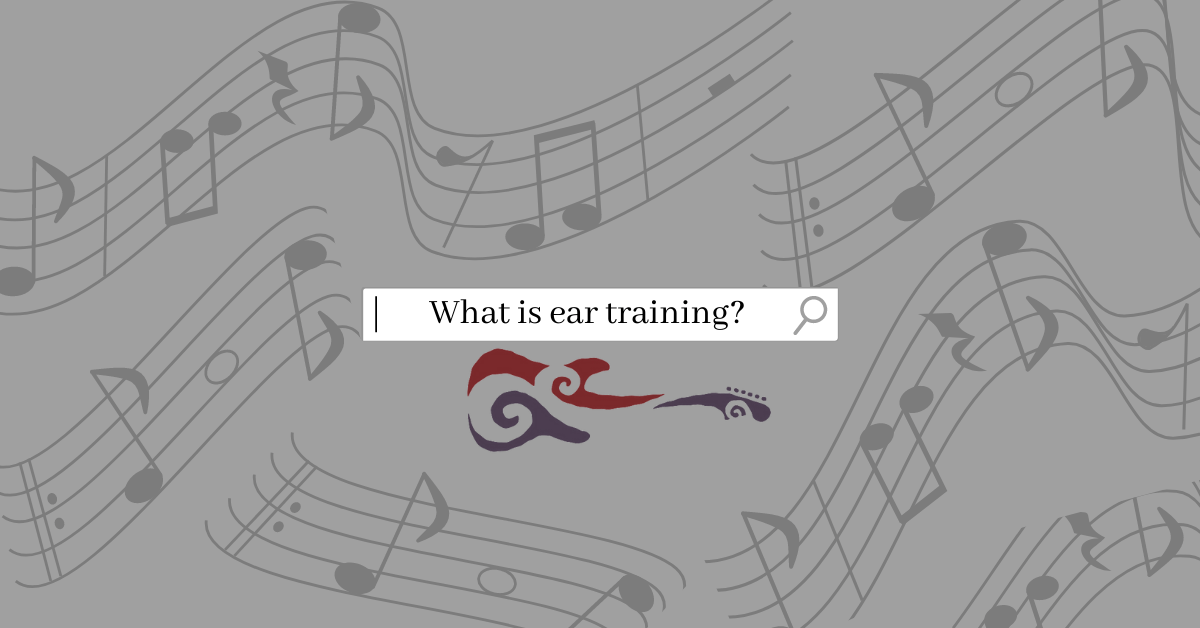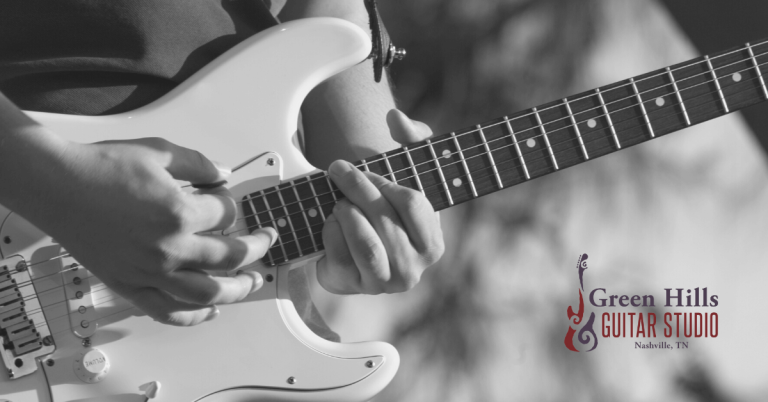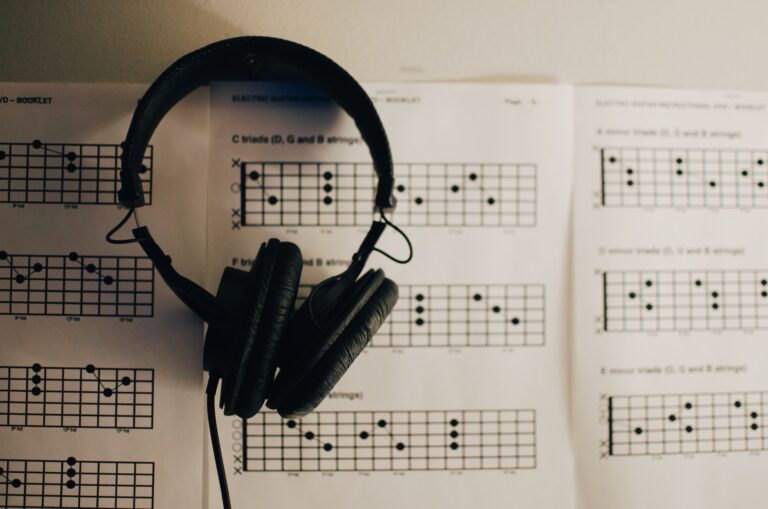Ear Training for Musicians
Most musicians do not have perfect pitch and have practiced and employed several skills to improve their ears’ abilities. At the collegiate or academic level, a student is required to test through several levels of ear training to further their abilities and continue their musical study.
The basic ear training areas of knowledge
Interval identification
The ability to identify the distance, the interval, between two pitches. In order for a musician to determine the notes of a melody or part, one has to be able to hear and discern intervals.
Functional pitch identification
Once you can identify the role or function of a single pitch as the tonic of any particular key, each additional pitch can be classified in relation to that starting pitch. This information informs you to what key you are in and what melodic notes are available to you…either as a guitarist improvising a solo or a songwriter creating a new melody. This ability and skill is complementary to chord recognition and basic harmony.
Chord identification
The ability to discern chord quality; major, minor, diminished and augmented and any extensions…7ths, suspensions, 9ths, etc.
Chord progressions
Once keys, triads and basic scale theory are covered (which isn’t as bad as it sounds, I promise!), we can begin talking about learning songs by ear. A guitar player’s understanding of playing over the chord changes and knowing which notes to target over which chords is crucial.
Ear Training for Songwriters
For songwriters, the ability to understand how chords function and work together within a tonal center, or key, will open up a new and exciting world of opportunity, creativity, inspiration and understanding. This is where you realize your heroes are working with the same harmonic source material as you, and what they are choosing to do with the material that makes them unique…you start too understand the inner workings of the style they have developed.
Rhythmic recognition
Yep! every guitar player and singer’s NIGHTMARE…counting and staying in time! This skill entails learning how to subdivide the basic beat, know what time signature you are in and what part of the beat you are on.
This way when the drummer gives a count off and you are responsible for the guitar riff or lick, or the vocal pickup, you know EXACTLY what to do! Your bandmates will GREATLY appreciate this!!
Transcription
This is a really important skill and sure fire way to not only improve your ear, but to cement your knowledge of everything mentioned above. The ability and information gained from transcribing guitar solos, licks, progressions and melodies is really beneficial for guitarists.
The same is true for songwriters as well. The study of melody, harmony, form and structure found in the songs of others is of tremendous importance. The ability to transcribe and chart a piece of music is a thrill and opens the door to your favorite musicians, and your ability to effectively communicate with other musicians.








